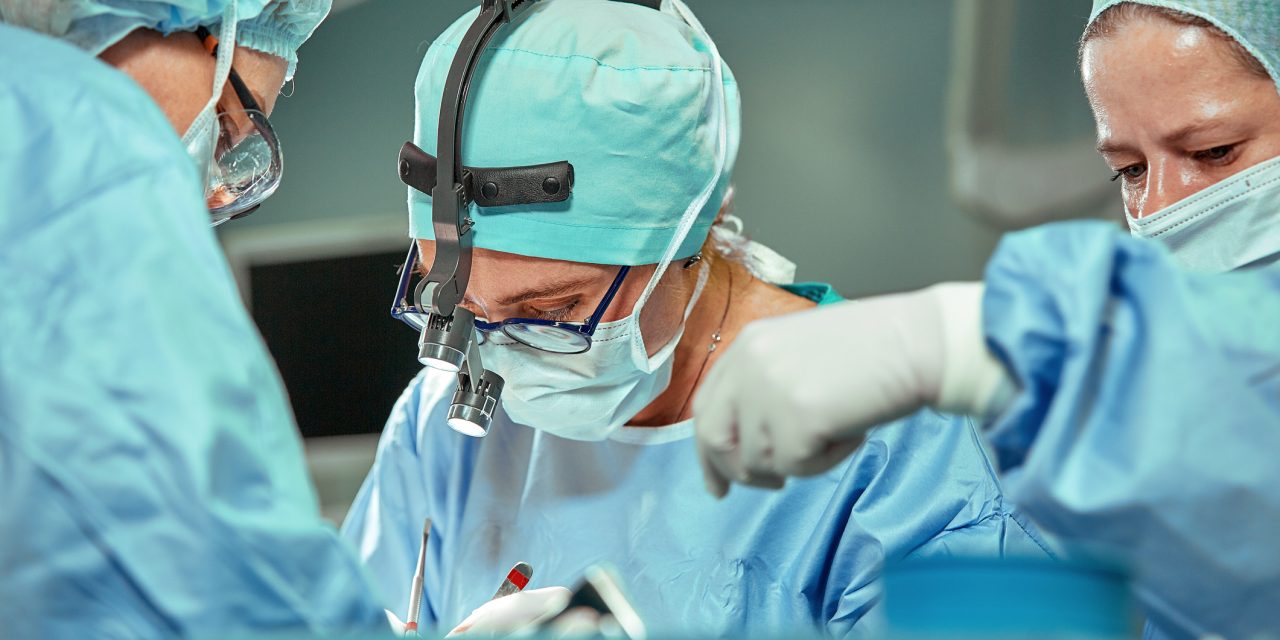Total shoulder arthroplasty (TSA) with an anatomic or reverse prosthesis is a commonly used and successful treatment option for many degenerative shoulder conditions. There is an increasing trend toward fellowship training and subspecialization in newly trained orthopedic surgeons. The literature also suggests that subspecialization and high volume are associated with better clinical outcomes. The purpose of this study was to evaluate the effects of fellowship training on the trends and outcomes of TSA in board-eligible orthopedic surgeons.
The American Board of Orthopaedic Surgery database was used to identify primary TSA cases performed for osteoarthrosis submitted by American Board of Orthopaedic Surgery Part II Board Certification candidates. Candidates were grouped based on fellowship training and subspecialty examination being taken. Groups were analyzed with analysis of variance and Bonferroni post hoc analysis to evaluate significant differences between groups for a number of candidates, cases per candidate, and patient age/sex. Differences in complications, reoperations, and readmissions were statistically evaluated with χ tests and multivariate logistic regression analysis.
From 2010 to 2017, 854 candidates performed at least 1 primary TSA (anatomic or reverse) after a diagnosis of osteoarthritis and 2720 submitted cases met inclusion criteria. Candidates completing a Shoulder fellowship performed significantly more TSAs per candidate compared with all other groups (Shoulder = 8.0 ± 6.2, Sports Medicine = 2.4 ± 2.1, Hand and Upper Extremity = 2.9 ± 2.9, General Orthopedics = 2.4 ± 2.3, P < .001). The Shoulder fellowship group had significantly lower complication rates (17.9%) as compared with the Sports Medicine fellowship (23.7%, P = .008) and Hand and Upper Extremity fellowship (25.0%, P = .008) groups.
Shoulder fellowship-trained surgeons performed significantly more TSAs per year than other groups, with a lower complication rate when compared with other fellowship-trained candidates. Fellowship type had no effect on reoperation or readmission rates.
Copyright © 2019 Journal of Shoulder and Elbow Surgery Board of Trustees. Published by Elsevier Inc. All rights reserved.
The impact of fellowship type on trends and complications following total shoulder arthroplasty for osteoarthrosis by recently trained board-eligible orthopedic surgeons.


